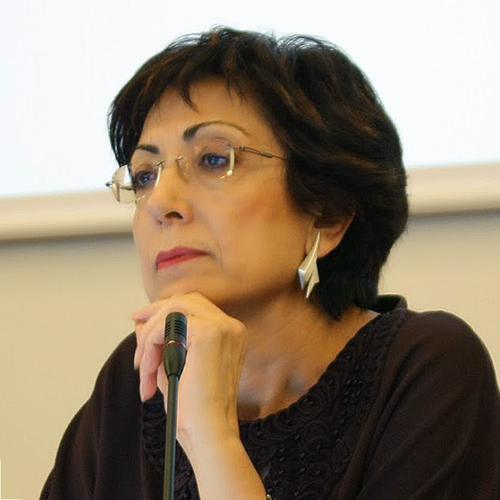
Prof. Dr. ADORACIÓN CASTRO JOVER
Full Professor in Ecclesiastical Law of the State. University of the Basque Country
-
Thursday, 8 November
SESSION 3. THE CHALLENGE OF DIVERSITY MANAGEMENT
-
16:30
ROUNDTABLE DISCUSSION
16:30 - 17:30Criminal law versus diversity: a programmed ambivalence
Prof. Dr. PATRICIA LAURENZO COPELLO The intense migratory movements of the last few decades, result of profound economic inequalities between regions, armed conflict and climate disasters, have accentuated the multi-cultural nature of opulent societies, giving rise to the presence in the one same geographic space of a multitude of ethnic minorities with forms of life, religion and traditions that are removed from the axiological models of the hegemonic group. It is inevitable that problems of coexistence emerge in such a complex reality, problems that require a response from public bodies, among them Penal Law. An attentive look at the criminal policy model developed in recipient countries to manage conflicts deriving from the cultural diversity expose a programmed ambiguity: on the one had minorities are protected against racist and xenophobic behaviour with the basic argument of respect for diversity; but at the same time they are stigmatised through the express criminalisation of certain traditions or rites labelled as “barbarian” and primitive. This ambivalence between protection/sanction; vulnerability/primitivism, sustains an assistential policy marked by a colonial perspective removed from the recognition of rights.Diversity and Inclusion of Mobile EU Citizens and Third-County Nationals in the EU
Prof. Dr. IRIS GOLDNER LANG The paper will discuss the European Union’s approach to dealing with mobile EU citizens and third-country nationals by examining whether, in what instances and under what conditions EU law grants them the right to reside in another EU Member State. It will be shown that there is a visible divide between EU free movement and migration policies, leading to significant differences between the rights of mobile EU citizens and third-country nationals in the EU. In this context, the paper will try to address three questions. First, why is there such a visible separation line between the EU free movement and migration policies in relation to intra-EU mobility of EU citizens and third-country nationals, knowing that the economic benefits of free movement of persons have been recognized in the EU for decades? Second, are there, nevertheless, areas where the two policies do merge? And, third, should a different approach to third-country nationals’ intra-EU mobility rights be more beneficial for their successful integration and/or for the process of EU integration?



